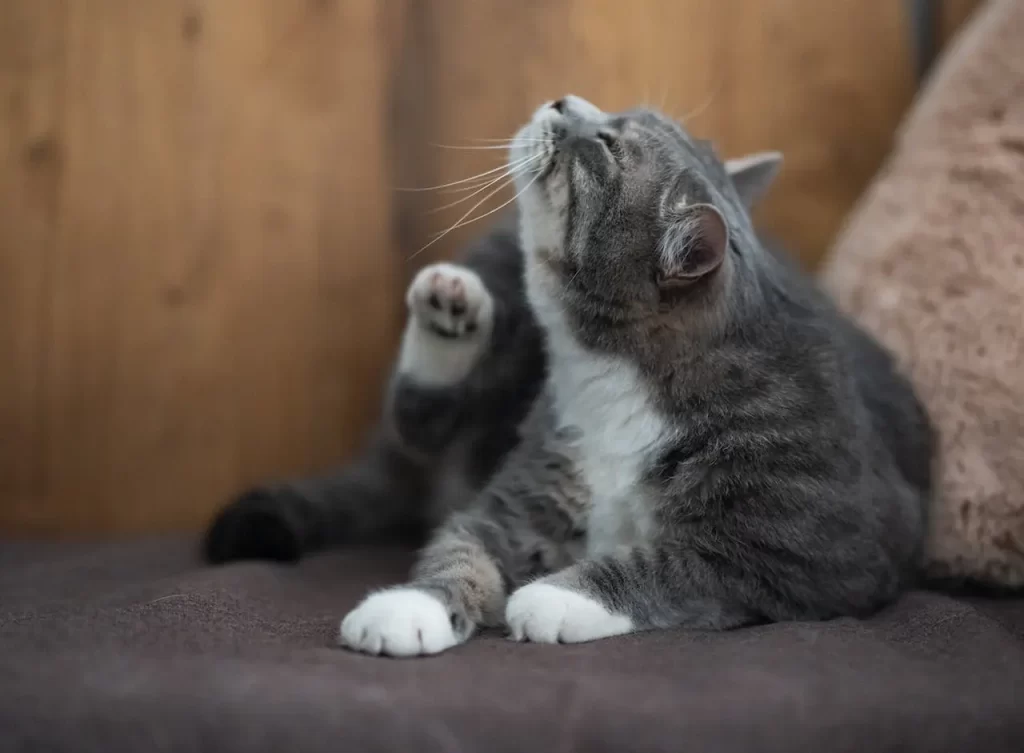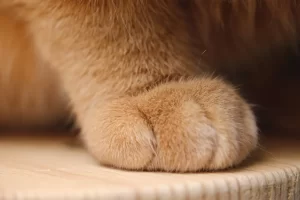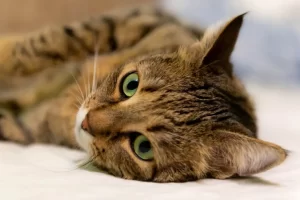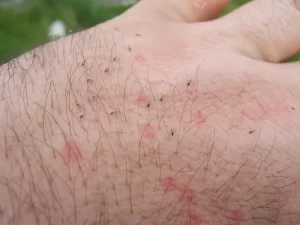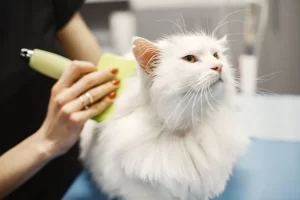Fleas can be a persistent nuisance for both cats and their owners. While commercial flea treatments are available, some pet owners prefer natural remedies to protect their feline companions from harmful chemicals. This article explores the efficacy of two popular home remedies for fleas on cats: lemon and vinegar.
Table of Contents
ToggleUnderstanding Fleas
Fleas are small, blood-sucking parasites that can infest your cat’s fur, causing discomfort and potential health issues. Traditional chemical treatments can be effective, but natural alternatives are gaining popularity due to concerns about the potential side effects of synthetic insecticides.
Lemon as a Natural Flea Repellent
Lemon’s Citrus Power:
Lemons contain natural compounds, including limonene and citric acid, which have insect-repelling properties. These compounds can disrupt a flea’s nervous system, making lemons an appealing option for those seeking a natural solution.
How to Use Lemon:
- Lemon Spray: Create a lemon spray by boiling sliced lemons in water. Once cooled, spray the mixture on your cat’s fur, focusing on areas where fleas are likely to hide.
- Lemon Rinse: Adding a small amount of freshly squeezed lemon juice to your cat’s bathwater can help deter fleas.
Caution:
While lemon is generally safe for cats, some felines may be sensitive to citrus. Always monitor your cat for any adverse reactions and consult with your veterinarian before using lemon-based remedies.
Vinegar as a Flea Repellent
Acetic Acid Power:
Vinegar, particularly apple cider vinegar, contains acetic acid, which is known for its flea-repelling properties. The strong odor and taste of vinegar can deter fleas, making it a natural and cost-effective solution.
How to Use Vinegar:
- Vinegar Spray: Mix equal parts water and apple cider vinegar in a spray bottle. Lightly mist your cat’s fur, avoiding the eyes and ears.
- Vinegar Water Bowl: Adding a teaspoon of apple cider vinegar to your cat’s water bowl can make their blood less appealing to fleas.
Caution:
While vinegar is generally safe for cats, it’s essential to introduce it gradually into your cat’s routine to avoid aversion. Some cats may not tolerate the smell or taste, so monitor their reactions and consult your veterinarian if you have concerns.
Conclusion
Both lemon and vinegar offer natural alternatives to chemical flea treatments for cats. Their repellent properties, derived from natural compounds, make them appealing options for pet owners seeking safer alternatives. However, it’s crucial to approach these remedies with caution, considering your cat’s individual sensitivities and consulting with a veterinarian before incorporating them into your flea prevention routine. Regular grooming, a clean living environment, and these natural remedies can collectively contribute to a happier, healthier, and flea-free feline companion.

